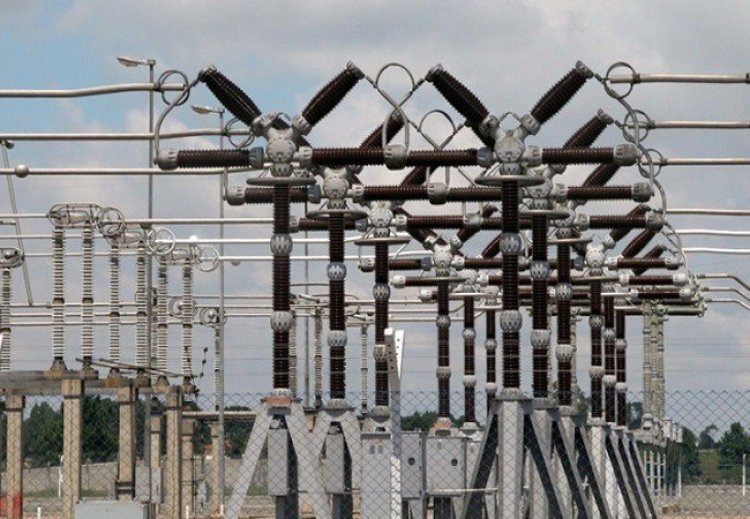Five Benefits Of Electricity Act Bill Tinubu Signed
President Bola Tinubu has assented to the electricity bill, which was passed in July 2022 seeking to repeal the Electricity and Power Sector Reform Act,…

President Bola Tinubu has assented to the electricity bill, which was passed in July 2022 seeking to repeal the Electricity and Power Sector Reform Act, 2005, which makes it become the Electricity Act.
The Electricity Act will henceforth solidify all legislations that handle the electricity supply industry to provide an inclusive and ideal institutional framework to control the post-privatisation phase of the Nigerian Electricity Supply Industry and encourage private sector investments in the sector.
The primary aim of the bill, as stated in its very first section, is to create a comprehensive legal and institutional framework to guide the Nigerian Electricity Supply Industry (NESI).
Based on the objectives of the Electricity Act, there will be de-monopolization of Nigeria’s electricity generation, transmission, and distribution of electricity at the National level, to empower states, companies and individuals to generate, transmit and distribute electricity.
1. De-monopolization of electricity generation
This translates to the fact that states would also be able to issue licences to private investors who have the ability to run mini-grids and power plants within the state, but such state licences are not to extend to inter-state or transnational distribution of electricity.
Nigeria’s constitution as amended provides for shared power between the federal and state governments in terms of making laws for electricity. But this is not the practice on account of the Electricity Reform Act which empowers NERC to carry out regulation across the country.
Nigeria’s journey to this current status started first with clarifying the position of the constitution that recognises joint regulatory powers leading to the constitutional amendment assented to in March by former President Muhammadu Buhari.
2. Powers of NERC
The Electricity Act establishes that NERC’s powers to regulate within Nigeria are without prejudice to the powers of the states to make laws and create electricity markets within those states and to regulate those markets.
It mandates how NERC transitions regulatory responsibilities from itself to state regulators when they are established. Until that happens, NERC will continue to regulate electricity business exclusively carried out in those states.
This means that states like Kaduna, Lagos, and Edo can begin to regulate their own electricity market, as they have already created laws for their electricity markets. The other states will continue to be regulated by NERC until they passed their laws.
The new law restates the position and clarifies the authority and powers of the states and federal. It means that Nigeria will not have one single market regulated from Abuja, but could have at least 3 independent regulators.
NERC will still carry out cross-border regulations – generation, and transmission across states will still be regulated by NERC
3. Role of lawmakers
Lawmakers under the bill are granted the power to carry out oversight responsibilities and function over the National Electricity supply industry through its respective Committees on Power in the Senate and House of Representatives.
This is to be executed notwithstanding the supervisory powers of any government ministry over government-owned enterprises or other entities operating in the Nigerian electricity supply industry in which the government has not divested its equity holdings, and irrespective of the ministry where such entities are placed for administrative supervision by the ministry.
4. Renewable Energy
Under the Nigeria Electricity Bill, electricity generation licencees are mandated to meet renewable generation obligations as may be prescribed by NERC. As such, electricity generating companies will be mandated to either generate power from renewable energy sources, purchase power generated from renewable energy or procure any instrument representing renewable energy generation. Fundamentally, the aim is to create a market for renewable energy and thereby stimulate investments in the sector.
The Electricity Act also mandates the imposition of renewable purchase obligations on distribution or supply licencees.
5. Citizens’ role
It also states that anyone may construct, own or operate an undertaking for generating electricity not exceeding 1 megawatt (MW) in aggregate at a site or an undertaking for distribution of electricity with a capacity not exceeding 100 kilowatts (Kw) in aggregate at a site, or such other capacity as the Commission may determine from time to time, without a licence.


















































